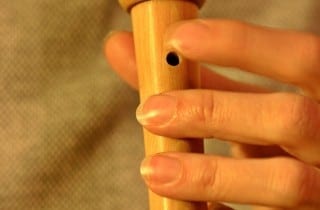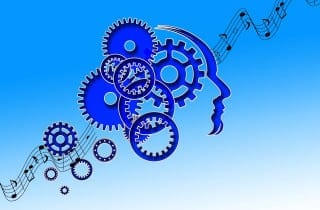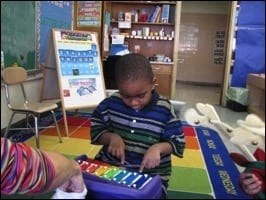Having a positive approach toward learning lays the groundwork for development that is essential to success in school and life both. In this edWeb webinar, Lili M. Levinowitz, Ph.D. (Professor of Music Education at Rowan University and Director of Research for the Center for Music and Young Children) and Lauren Guilmartin (Director of Early Learning at Music Together LLC) explored the many ways that music-making naturally and deeply supports a child’s positive approach toward learning. The two also explained how music can help educators understand more about a child’s learning style — which can be particularly useful in the beginning of the school year.
In this edWeb.net webinar, attendees discovered how songs and rhythmic chants can support necessary skills inherent in social development. The presenter highlighted ways to approach making music with young children in the inclusion classroom to support development of social skills not only in children with disabilities, but in any child who is delayed in social skill development.
Research continues to emphasize how important the first five years of a child’s life are for brain development. Music can be an enjoyable and easy way for educators to support the development of important structural changes, neurological processes, and cognitive skills during this very active time of brain development.
Early childhood classroom teachers, aids, and paraprofessionals discovered a wealth of information in this webinar! Attendees learned songs and activities that support social development, language development, and physical/motor development for ALL the children in their classes – including special learners or those with challenging behaviors.
Songs, rhythmic chants, and small and large movement activities can be an enjoyable way to holistically support young children’s emerging math skills. Before children are able to count to ten or add and subtract, they are developing their mathematical understanding.






